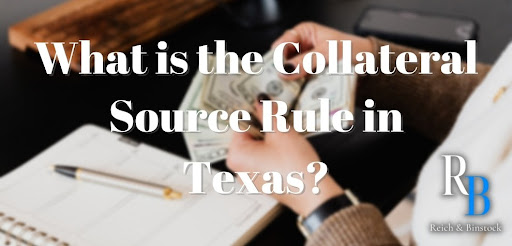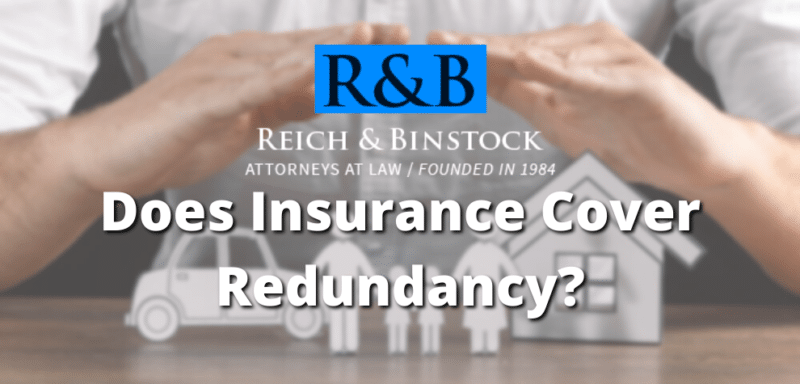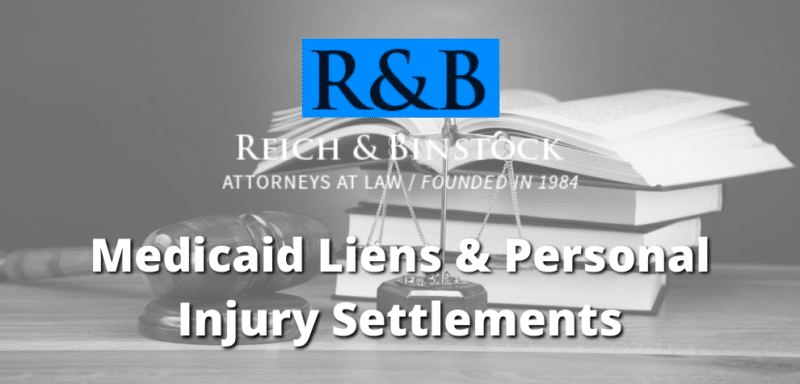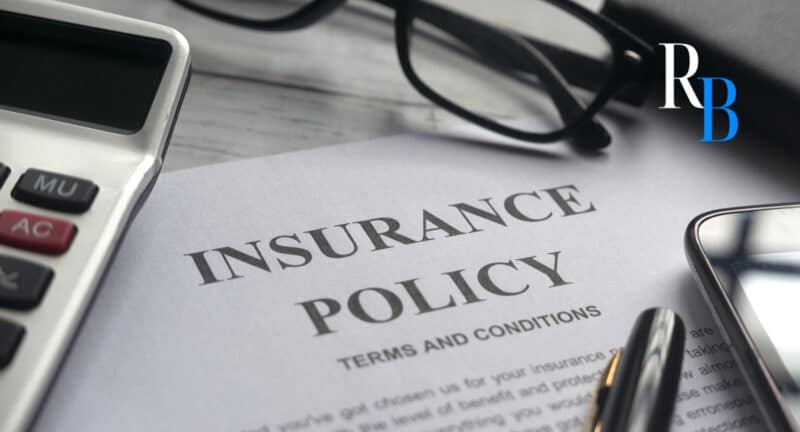HOUSTON FLOOD INSURANCE LAWYER
Houston Flood Insurance Claims Lawyer
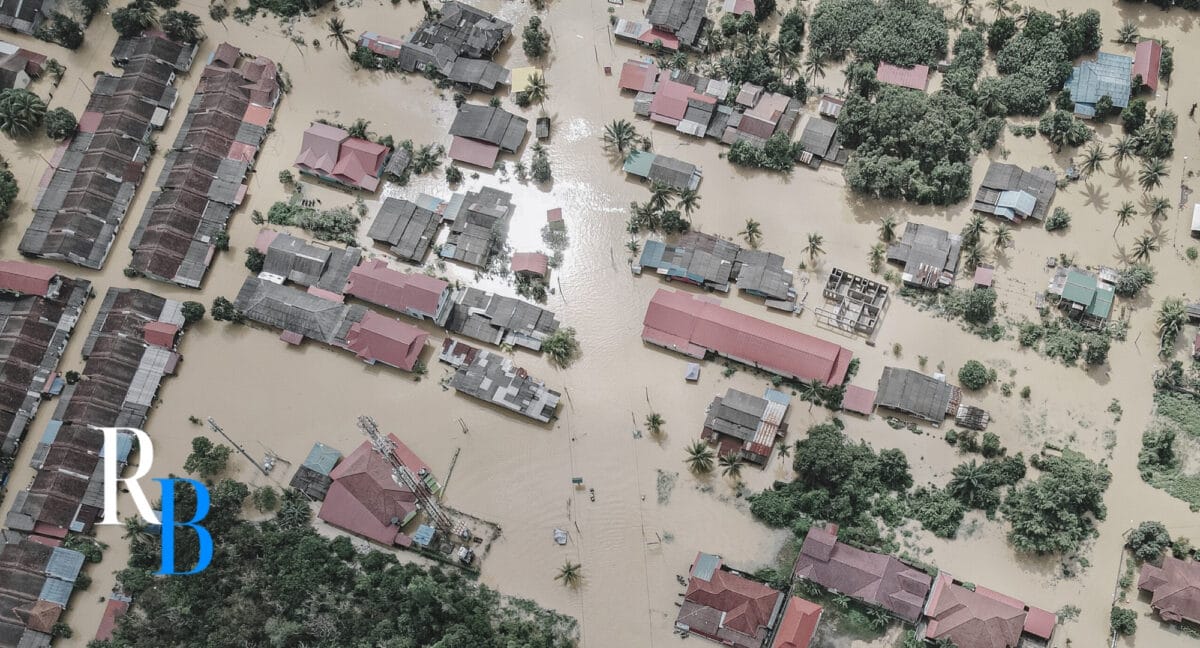
What are you going to do if your flood claim is denied? Floods happen often and can leave a lot of destruction in their wake. It’s important that policyholders understand what they’re getting into before signing up for insurance, because it might not be worth the cost when claims get delayed or outright rejected due to some technicality. The best course of action is to hire a Houston flood insurance claims lawyer to help you understand your rights as a policyholder.
Have you been through a major flooding event and had trouble resolving your insurance claim? An experienced Houston flood insurance claims lawyer can help. At Reich & Binstock, we have helped countless clients in Houston and throughout Texas maximize their claims for flood losses. To schedule a free consultation with a qualified attorney, please call 713-622-7271 today.
Flood Insurance Claim Lawyers Helping Policyholders Resolve Their Claims
We understand that, after a Houston flood that causes major damage to homes, property owners want fair compensation for their flood damage. If your property was damaged by Hurricane Harvey or another Gulf Coast storm, your insurance carrier should cover this. However, some insurance companies are more focused on profits than protecting their policyholders. This is called bad faith insurance practices. If your flood damage claim was wrongfully denied, you need the law firm of Reich & Binstock on your side.
We have extensive experience handling insurance and contract claims in a number of areas, including the following.
- Bad faith insurance claims
- Insurance breach of contract
- Health insurance bad faith
- Long-term care insurance claims
- Managed care litigation
- Hurricane insurance claims
- Act of God insurance
- Commercial insurance claims
- Total loss fire claims
Our Houston flood damage lawyers will use their skills to review your insurance policy and form a plan of action to recover compensation for you. We offer free consultations for all of our clients. As Houston accident lawyers, the last thing we want to do is burden you with legal fees before securing a recovery.
What Does Flood Insurance Cover?
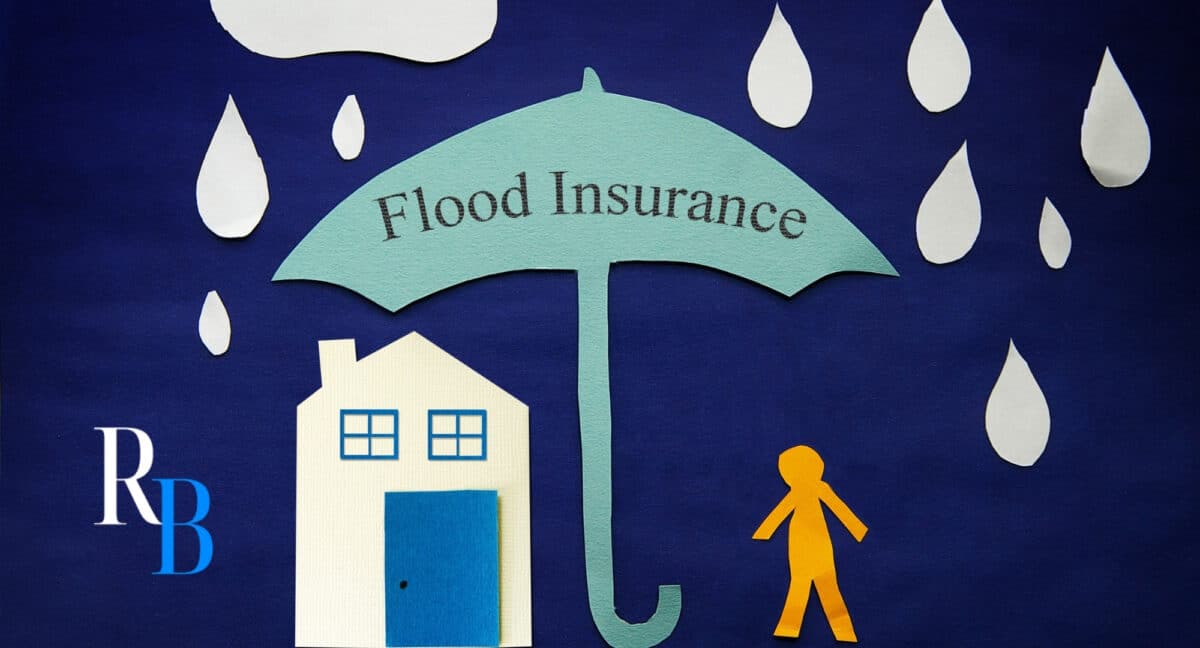
Flood insurance covers a specific structure, like your house, as well as its contents from water damage caused by that flood. A flood is defined as “an overflowing of a large amount of water beyond its normal confines, especially over what is normally dry land.”
Unfortunately, homeowners insurance does not cover flooding, as it is not a common problem for many areas of the country. Those who live in areas where flooding is a definite possibility should certainly consider purchasing flood insurance.
Flood insurance typically will cover the following:
Coverage for Structure of the Home
- Foundation
- Plumbing and electrical
- Furnace and central air systems
- Water heaters
- Stoves, refrigerators, and other appliances
- Carpeting over unfinished floors
Coverage for Contents Within the Home
- Clothing
- Furniture
- Electronics
- Microwaves and portable air conditioners
- Dishwashers
- Washer and dryer
- Carpeting that is not permanently installed
What Isn’t Covered by Flood Insurance?
Internal flooding, which generally occurs as a result of leaky plumbing or sewage line backups, is not covered under flood insurance. However, if either of these events occurred as a result of natural flooding, they do receive coverage.
Additionally, flood insurance does not cover moisture or mold damage. Most times, neither does homeowners insurance. In order to receive coverage for all of these events, you more than likely need water backup coverage added to your homeowners insurance policy.
Also, the basement of your home usually has coverage limitations. Let’s say that the walls and floors of your basement are unfinished. If these areas sustain water damage, insurance more than likely will not cover it. Flood insurance does not even cover any personal belongings that you store in your basement.
How Does Flood Insurance Work?
As we stated before, standard homeowners insurance does not include flood insurance. Usually, those who opt for flood insurance buy it through the National Flood Insurance Program, but private insurers also offer it. Unlike many other types of insurance, flood insurance is the same rate between different users.
This type of insurance has separate deductibles for the buildings and the contents within them. Even better, you choose your own deductible amount. Higher deductibles equal lower premiums. However, for those who have a mortgage, lenders might not let you increase your deductible beyond a certain amount.
Flood Insurancy Policy Exceptions
It is important to understand that flood insurance does not activate immediately after you sign up. This prevents people from only buying a policy before a bad storm hits. Most cases involve a 30-day waiting period before the flood insurance applies for you.
However, exceptions include:
- Renewing flood insurance and increasing your coverage.
- Your home sustains flood damage on burned federal land, and you bought the policy within 60 days of the containment of the fire.
- You just purchased a house, and the lender requires flood insurance.
- The SFHA map recently added your address, and you bought flood insurance within the 13-month period after a map revision.
What Happens if Your House Floods, and You Don’t Have Flood Insurance?
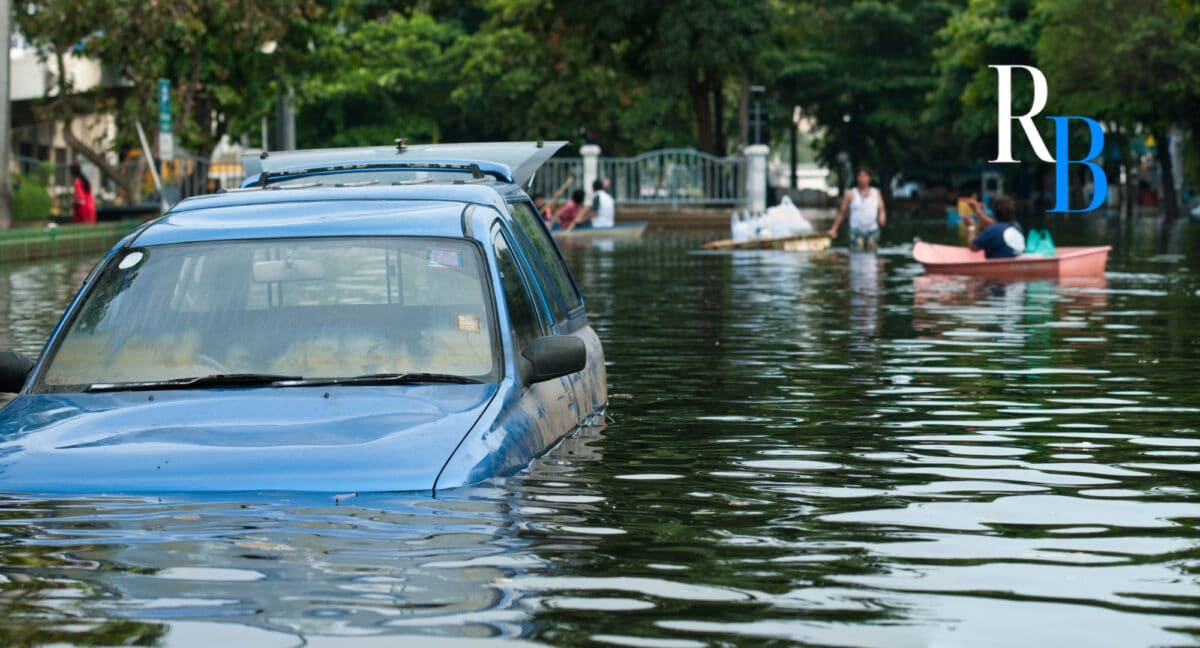
At first, this might seem like the worst possible scenario. Luckily, federal programs exist for those who suffer flood damage without flood insurance. However, you must meet certain conditions before qualifying for these programs.
As one of the most expensive and pervasive natural disasters, flooding affects around 98% of all counties in the United States. Therefore, nobody is immune or protected from flooding. Despite this statistic, only 15% of homeowners have flood insurance policies.
There are actually telling reasons why homeowners may not have flood insurance:
- Many people, unfortunately, believe that their basic homeowners insurance policies cover flooding. It does not.
- Some people already paid off their homes, and therefore have no lender requirements for flood insurance.
- Others simply believe that the “minor” risk of flooding is not worth the money they would spend on flood insurance.
Without flood insurance, there are still options out there to cover the damages.
Two main forms of disaster relief exist for victims of flooding:
- Low interest loans through the Small Business Administration, with maximum payouts of $200,000
- FEMA disaster grants, with maximum payouts up to $33,000
How Does Flood Insurance Pay Out?
In other words, how does the claims process work? Much like other insurance claims, this can be boiled down to a simple step-by-step process.
When filing your flood insurance claim:
- Contact your insurance company. This should always be your first step in any insurance claim, and it should be done as soon as possible. It jumpstarts the claims process, initiates the paperwork, and ensures a speedier claims process.
- Document any and all damage. The more information you provide, the easier it will be. Essential information includes loss of property, repairs, and contact information for those working on repairs.
- Prepare for the adjuster. The insurance company usually sends claims adjusters to assess the damage. If a discrepancy arises with their findings, your thorough documentation will help to bolster your claim. Once they complete the inspection, negotiate a claim.
- Get your payout. Generally, your mortgage company receives a check for damage to the house. You get a check for damage to your personal property. Then, once you replace all necessary items, you get a check for the remainder of your settlement.
What Happens If My Flood Insurance Company Rejects My Claim?
You’ll know if they deny your claim, as they must notify you of this. Luckily, you can appeal these denials. During the appeals process, keep a detailed record of your communication with the insurance company. Generally, they require that you file your appeal within 60 days of the date on the written denial letter.
How to Appeal a Flood Claim Rejection
- Contact the adjuster. This will help you understand exactly why they denied your claim, or how they reached their proposed settlement amount.
- Contact the supervisor of the adjuster. If the adjuster themselves cannot help, call their supervisor. Ask them the same questions, and see if they provide any insight.
- If this still does not help, call your insurance company’s claim representative.
After all this, maybe they still don’t give you the answers you need. At this point, we recommend contacting a Houston flood insurance claims lawyer. If everyone up to this point refuses to work with you, we guarantee they’ll be more amenable to working with a legal representative.
National Flood Insurance Program (NFIP) Claims
We can also help clients recover flood losses through the NFIP. According to FEMA, the manager of the NFIP, it “is delivered to the public by a network of more than 50 insurance companies and the NFIP Direct.” The NFIP allows property owners to secure compensation for their flood claims faster, which reduces the socioeconomic burden of flooding.
To discover whether or not you are eligible for NFIP coverage, please contact the flood damage lawyers at Reich & Binstock. We offer many legal avenues to get your life back on track after devastating property damage.
What Are the Benefits of Hiring a Lawyer for a Flood Insurance Claim?
It is generally a good idea to at least consult with attorneys after you suffer significant property damage. There are a few reasons for this, which we outline below.
Severe Damage Caused by Floods
Especially in cases of severe flooding, homeowners may be forced out of their homes for days or even weeks at a time. If they cannot return to assess the damage for a while, they might rush to file their claim. This could lead to errors in filing and subsequent denial of benefits. This makes working with a law firm even more appealing.
Flood Coverage Differs from Insurance Policies
Maybe you’ve filed an insurance claim on your own in the past. While some claims are easier than others, flood damage claims are notoriously difficult. Those who are inexperienced and trying to handle a flood damage claim on their own may face many issues.
For example, many homeowners’ policies do not include flood damage coverage. It is often offered as a separate policy. However, many property owners assume that their policy already includes flood damage coverage. If an insurer fails to mention that a property owner needs additional flood coverage, they may not realize they need it until it’s too late.
Insurance Companies Aren’t on Your Side
Insurance companies are for-profit businesses. This means that they’re much less worried about handling your claim fairly than they are about making money. However, it is a bad faith practice to deny a valid claim. If you filed a Houston flood damage claim that was wrongfully denied, you need the Houston flood damage lawyers at Reich & Binstock.
Experienced Houston Flood Insurance Attorney
Going through a flood is highly stressful, and the last thing you’ll want to deal with is an insurance company. You just want to take care of your home and family, but the insurance company all but refuses to work with you. At Reich & Binstock, we fight with insurance companies on behalf of our clients to get the settlement they deserve. Our Houston personal injury attorneys are highly experienced in their field.
To speak with an experienced Houston flood insurance lawyer, please call our office at 713-622-7271 today. We offer a free case evaluation for all clients. We also operate on a contingency fee basis, meaning we don’t accept a cent unless we secure a recovery for you.
There is never a fee unless we recover on your behalf.
Additionally, clients are not obligated to pay expenses if a recovery is not made.















